Binh Duong auctions dozens of "golden land" lots, the price of converting agricultural land to residential land according to the new law, 4 cases of encroachment and violations are considered for red books... are the latest real estate news.
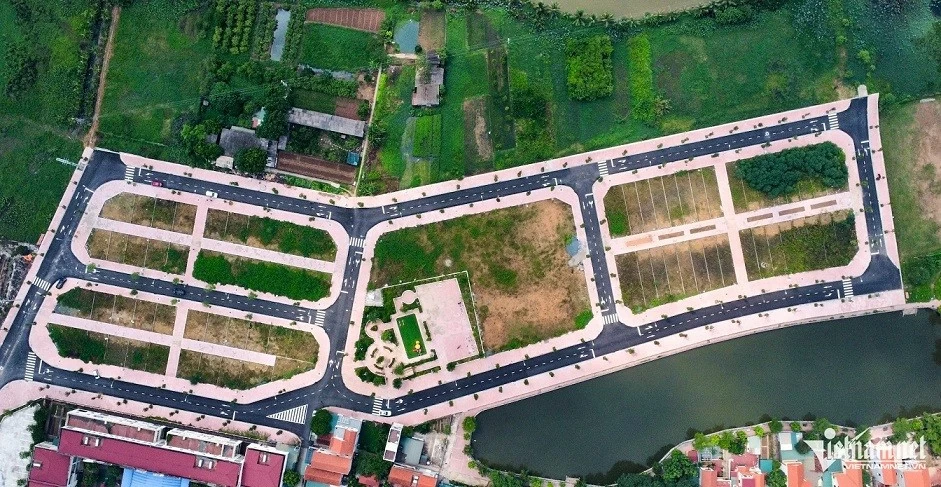 |
| Real estate: Auctioned land in Hoai Duc district, Hanoi . (Source: Vietnamnet) |
Warning against taking advantage of land auctions for speculation and price hikes
In recent days, public attention has been focused on the auction of 19 plots of land in Long Khuc area (Tien Yen commune, Hoai Duc district, Hanoi). The winning bid price was recorded as a "record" compared to the previous prices of some suburban districts of Hanoi, up to 133.3 million VND/m2. Many "land brokers" have advertised to sell plots of land expected to be successfully auctioned with a difference of 200 million VND or more.
According to information on Lao Dong , Mr. Dinh Minh Tuan - a real estate expert - commented: "With the winning auction price being 2 to 3 times higher than the average, people who own land in the surrounding area have the mentality of pushing up the selling price of their land. The sudden high land price can also create a trend of land speculation, when many people rush to buy land in the hope of making a profit from the continued increase in land prices. However, this can cause a situation where money flows into land, instead of being circulated in other economic activities".
To ensure compliance with the law, publicity and transparency, Prime Minister Pham Minh Chinh has requested to rectify land auctions. The dispatch clearly stated that in some cases, the winning price was many times higher than the starting price, including unusually high cases that were reported. Therefore, the Prime Minister assigned the Chairmen of the People's Committees of provinces and cities to direct competent agencies to review the organization of land use rights auctions in the area.
While waiting for the authorities to investigate and make a final conclusion, Lac Viet Joint Stock Auction Company has announced the suspension of two auctions of 52 land lots. Experts say that controlling land speculation is an urgent task. Controlling and handling speculation and price inflation right from the beginning will help the real estate market develop healthily and sustainably.
Lawyer Truong Anh Tu - Chairman of TAT Law Firm (Hanoi Bar Association) commented that land speculation is becoming a burning issue, pushing up real estate prices and making it difficult for young people and people with average incomes to access housing. To prevent this situation, lawyer Tu proposed a number of solutions to curb speculation and stabilize the real estate market.
"One effective measure is to impose a high tax on land purchases without real use. When a person or organization buys land and does not build within a certain period of time, they will be subject to a higher tax rate. This not only puts economic pressure on speculators but also encourages more efficient use of land.
The application of regulations on mandatory construction time limits on auctioned land is another solution to combat speculation. If the auction winner fails to construct within the prescribed time, the land ownership can be revoked. This ensures that land is not hoarded wastefully and promotes urban development."
According to lawyer Truong Anh Tu, limiting the time for transferring land after purchase is also an important measure.
In addition, the Government can adjust credit policies by tightening real estate loan conditions for investors who do not have a real need to use land. This will not only reduce the amount of speculative capital flowing into the real estate market but also protect home buyers with real housing needs. Providing many social housing projects and low-cost housing will help balance supply and demand in the market. When there are many housing options suitable for the budget of middle-income earners, the pressure on land prices will be reduced, making real estate prices more reasonable.
Finally, reforming the Law on Real Estate Business to allow the subdivision and sale of land in some specific cases could also be a solution to increase land supply in the market, helping to cool down land prices," said Mr. Tu.
Binh Duong auctions dozens of 'golden land' plots
To generate revenue, Binh Duong province decided to auction dozens of land plots, including many areas that used to be government headquarters and are considered valuable "golden land".
That is the information given by the Steering Committee for the implementation of the Project on land fund exploitation, generating revenue from land to serve the socio-economic development of Binh Duong province in the period of 2024-2025, with a vision to 2030, at a recent meeting.
Accordingly, the land lots to be auctioned are mainly from land for offices, operating facilities of State agencies, public service units; land recovered and handed over to land fund development organizations for management; public land managed by localities; land of equitized State-owned enterprises, reorganized management and recovery; land of individual and organizational origin currently in use and expected to be recovered according to land use planning and planning for development of urban areas, industrial parks, trade services, logistics, etc.).
Among these, there are many plots of land located in prime locations of Binh Duong province, which are the headquarters of many state agencies and units, and are considered "golden land" due to their great value.
It is expected that 38 land plots with an area of nearly 400 hectares will be auctioned (land use rights, public assets). The auction will be conducted in stages, in 2024 alone, 10 land plots with a total area of about 8.3 hectares will be auctioned.
By 2025, the province will continue to auction 17 land plots with a total area of more than 331 hectares, and in the 2026-2030 period, it will auction 11 land plots with a total area of 52.2 hectares.
By auctioning the above land plots, Binh Duong will collect a "huge" amount of money to serve socio-economic development.
The leader of the Binh Duong Province Land Fund Development Center said that in addition to auctioning the land plots, the province will also bid to select investors for 75 land plots, including 75 new urban areas and urban development areas.
Currently, the project is being submitted to the People's Committee of Binh Duong province for consideration and comments before implementation.
4 cases of land encroachment and violations are considered for red book issuance
According to the 2024 Land Law, effective from August 1, there are 4 cases of land use with land violations before July 1, 2014 that will be considered for granting land use right certificates (red books).
Specifically, Article 139 of the 2024 Land Law stipulates that in the first case, households and individuals using land before July 1, 2014, due to encroachment on the safety corridor of construction works after the State announced and placed markers; encroachment on roads, roadsides, and sidewalks after the announcement of construction boundaries; encroachment on land used for the purpose of building agency headquarters, public works, and other public works, the State shall reclaim the land to return it to the construction without issuing a red book for the encroached area.
However, in the above cases of land violations, if there has been an adjustment to the land use planning and construction planning approved by the competent authority, but the encroached land area is no longer in the public works safety corridor; not in the road construction boundary; not intended for use as headquarters of agencies, public works, or other public works, the person currently using the land will be considered for a red book. The landowner must fulfill financial obligations when making a red book for this land.
In the second case, the person who is using the encroached land area that belongs to the forestry planning for special-use forests and protective forests shall be directed by the Provincial People's Committee to reclaim the encroached land and hand it over to the Forest Management Board for management and use. The person who is using the encroached land shall be considered by the Forest Management Board for forest protection and development according to the provisions of the law on forestry.
If the locality does not have a Forest Management Board, the person using encroached or occupied land will be allocated land by the State for the purpose of protecting and developing protective forests and will be considered for a red book.
If the encroached land area is of agricultural and forestry origin and is planned for public infrastructure, the provincial People's Committee will reclaim it and hand it over to the investor for construction. The person currently using this land in violation will be allowed to temporarily use it until the State reclaims it and must maintain the current status and register the land.
Encroached land originating from forestry farms and currently being used for agricultural production or housing purposes before July 1, 2014, not included in forestry planning for special-use forests, protective forests, not included in land use planning for the purpose of building public infrastructure works, the land user shall be considered for issuance of a red book and must fulfill financial obligations according to the provisions of law.
Third case, households and individuals who are using land due to encroachment or occupation that does not fall into the above-mentioned cases and are using land for the wrong purpose, if they are using the land stably, in accordance with the district-level land use planning or general planning or zoning planning or construction planning or rural planning, will be considered for issuance of a red book and must fulfill financial obligations according to the provisions of law.
If the land in violation is not used stably or is not in accordance with the planning, the user can only use the land temporarily when the State reclaims it.
Finally, households and individuals using agricultural land that they have reclaimed themselves and have no disputes will be granted red books by the State according to the agricultural land allocation limit prescribed by the provincial People's Committee. The land area exceeding the limit will be transferred to State lease.
In case households and individuals using land violate land laws as stated from July 1, 2014 onwards, the State will not issue red books and will handle them according to the provisions of law.
Price of converting agricultural land to residential land under new law
According to Clauses 1 and 2, Article 8 of Decree 103/2024/ND-CP, when a competent State agency issues a decision allowing households and individuals to change the purpose of use to residential land, the land use fee is calculated as follows:
 |
In which: Land use fee of land type after conversion is calculated as follows:
Land use fees and land rents of land types before changing land use purposes (hereinafter referred to as land fees before changing land use purposes) are calculated as follows:
For land before changing its purpose, which is agricultural land of a household or individual to whom the State has allocated land without collecting land use fees or agricultural land with legal transfer origin from another household or individual to whom the State has allocated land without collecting land use fees, the land price before changing its purpose of use is calculated by multiplying (=) the land area (x) by the land price of the corresponding agricultural land type in the Land Price List.
For land before changing its purpose, which is agricultural land, the State leases land and pays land rent once for the entire lease term, the land rent before changing its purpose of use is calculated as follows:
 |
In there:
The land price corresponding to the land lease term of the land before changing the purpose is the land price in the Land Price List to calculate the land rent paid in one lump sum for the entire lease term.
The remaining land use term is determined by (=) the land allocation or lease term before changing the land use purpose minus (-) the land use period before changing the purpose.
In case the remaining land use period determined according to the formula specified in this point is not a full year, it shall be calculated by month; if the period is not a full month, the period of 15 days or more shall be counted as 1 month; if it is less than 15 days, the land use fee shall not be calculated for this number of days.
For land before changing its purpose, which is agricultural land leased by the State in the form of annual land rent payment, the land rent before changing its purpose of use is zero (= 0).
Note: In case the land use fee of the land type after changing the land use purpose is less than or equal to the land price before changing the land use purpose, the land use fee when changing the land use purpose is zero (=0).
Source: https://baoquocte.vn/bat-dong-san-moi-nhat-canh-bao-viec-loi-dung-dau-gia-dat-de-dau-co-4-truong-hop-dat-lan-chiem-duoc-xem-xet-cap-so-do-284909.html







![[Photo] Phu Quoc: Propagating IUU prevention and control to the people](https://vstatic.vietnam.vn/vietnam/resource/IMAGE/2025/8/24/f32e51cca8bf4ebc9899accf59353d90)
![[Photo] Party and State leaders meet with representatives of all walks of life](https://vstatic.vietnam.vn/vietnam/resource/IMAGE/2025/8/24/66adc175d6ec402d90093f0a6764225b)
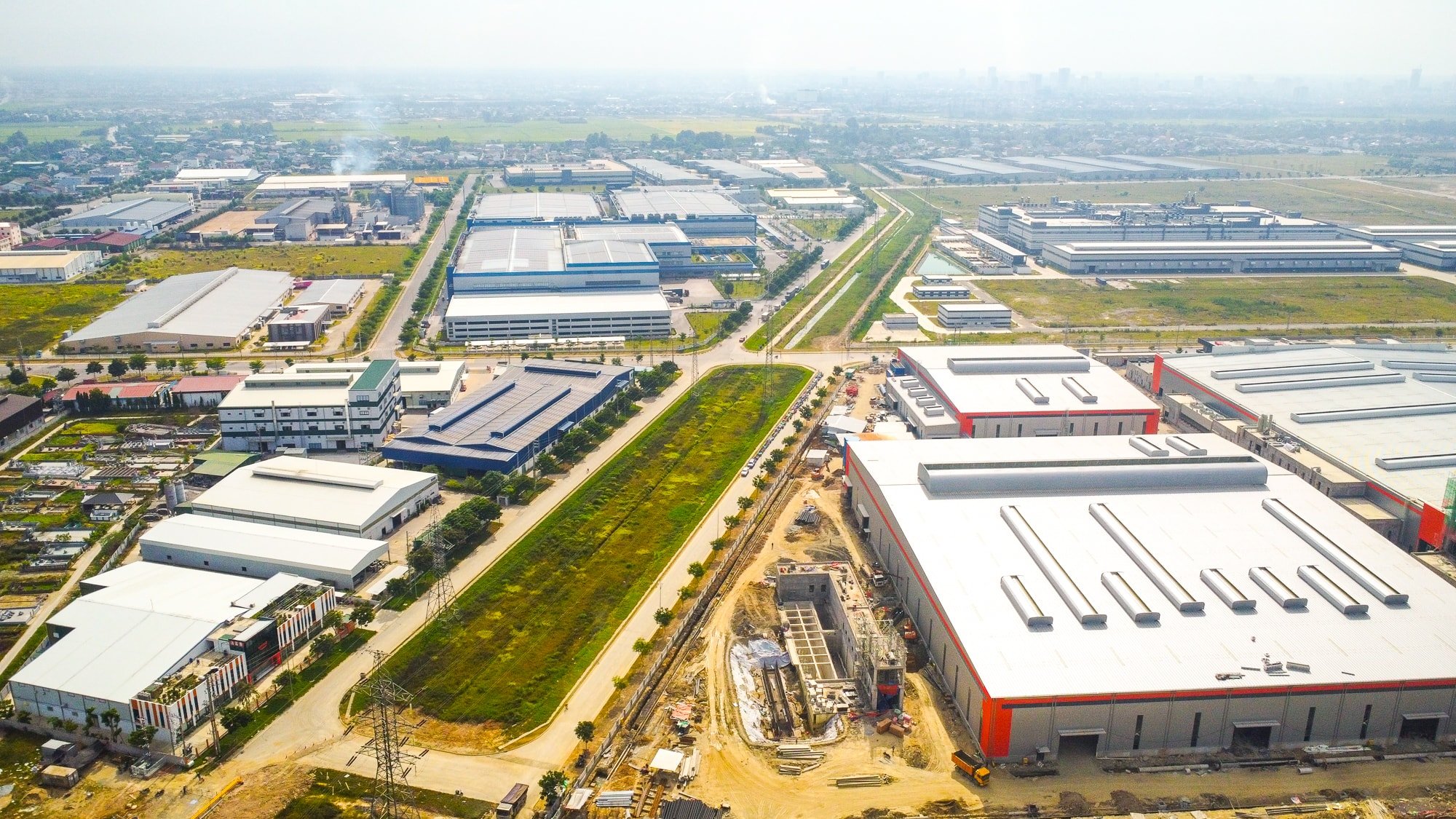





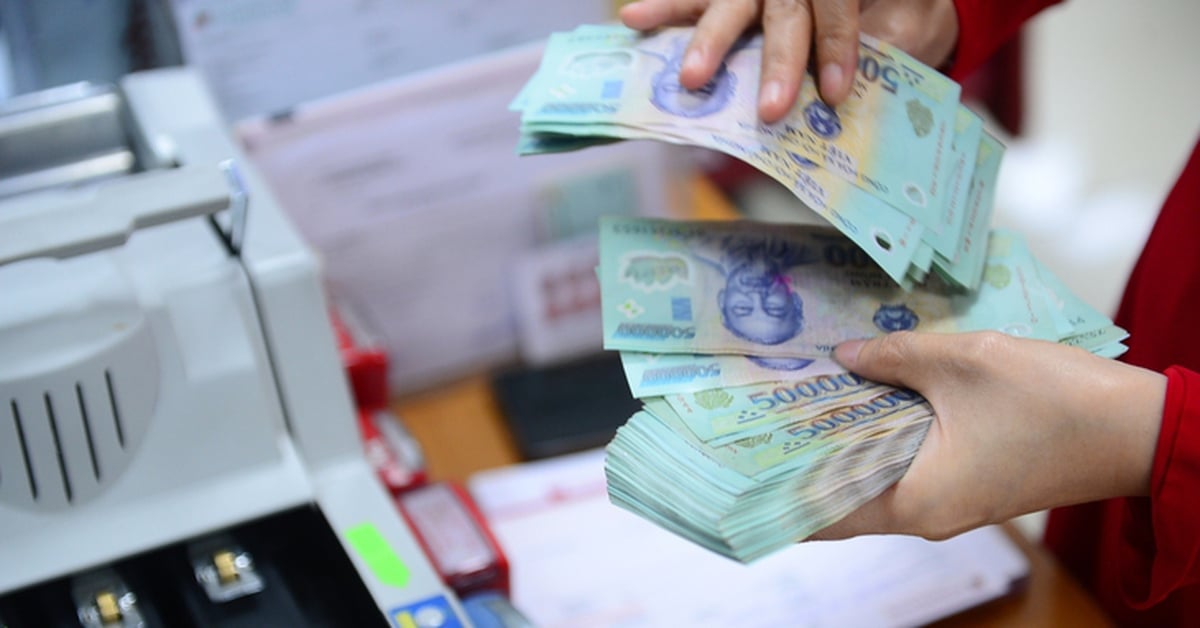


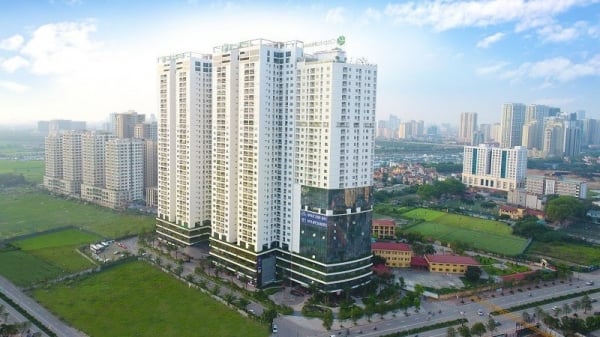



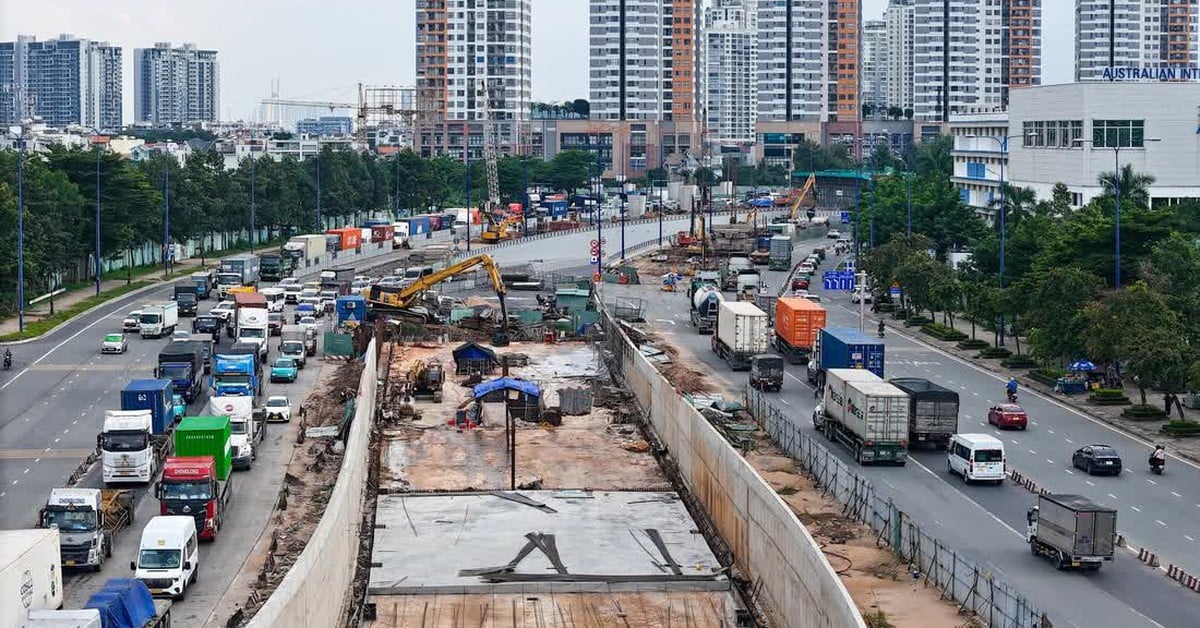
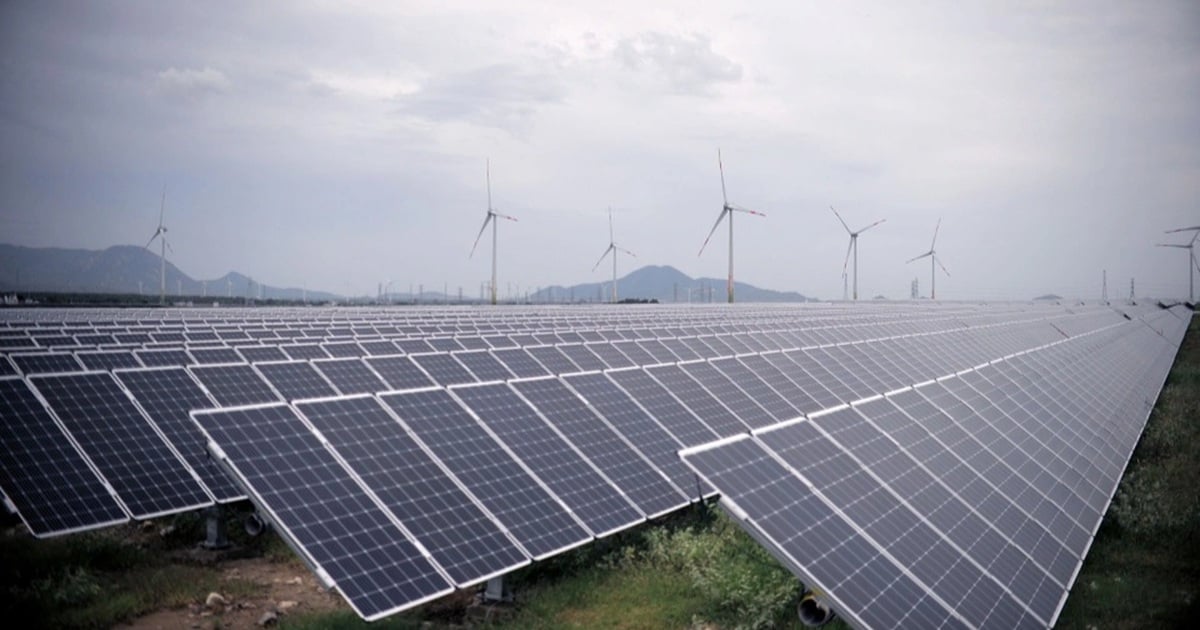

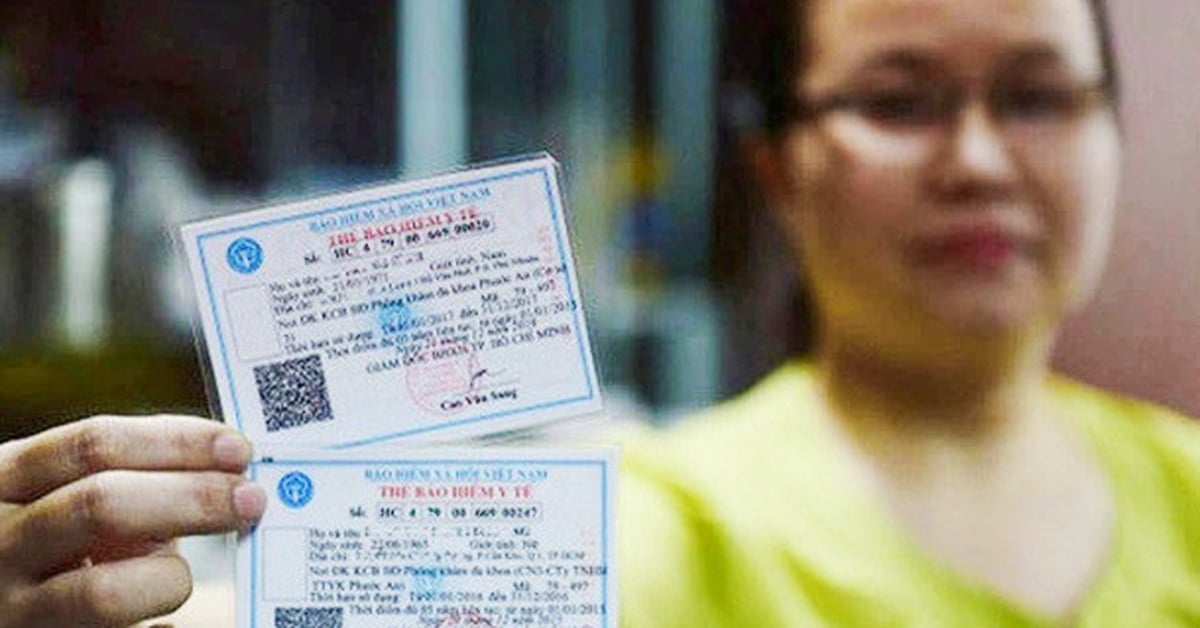




























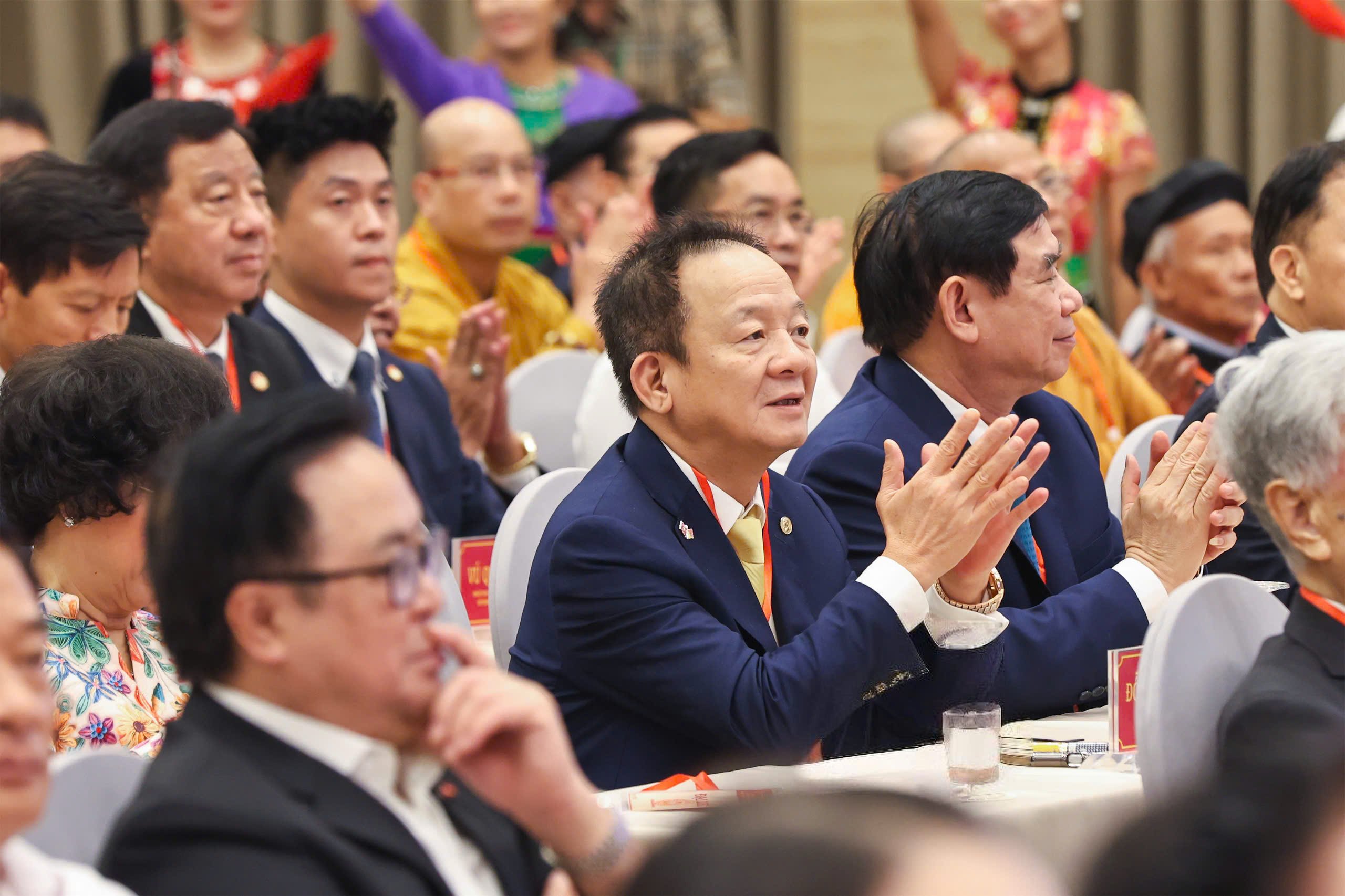












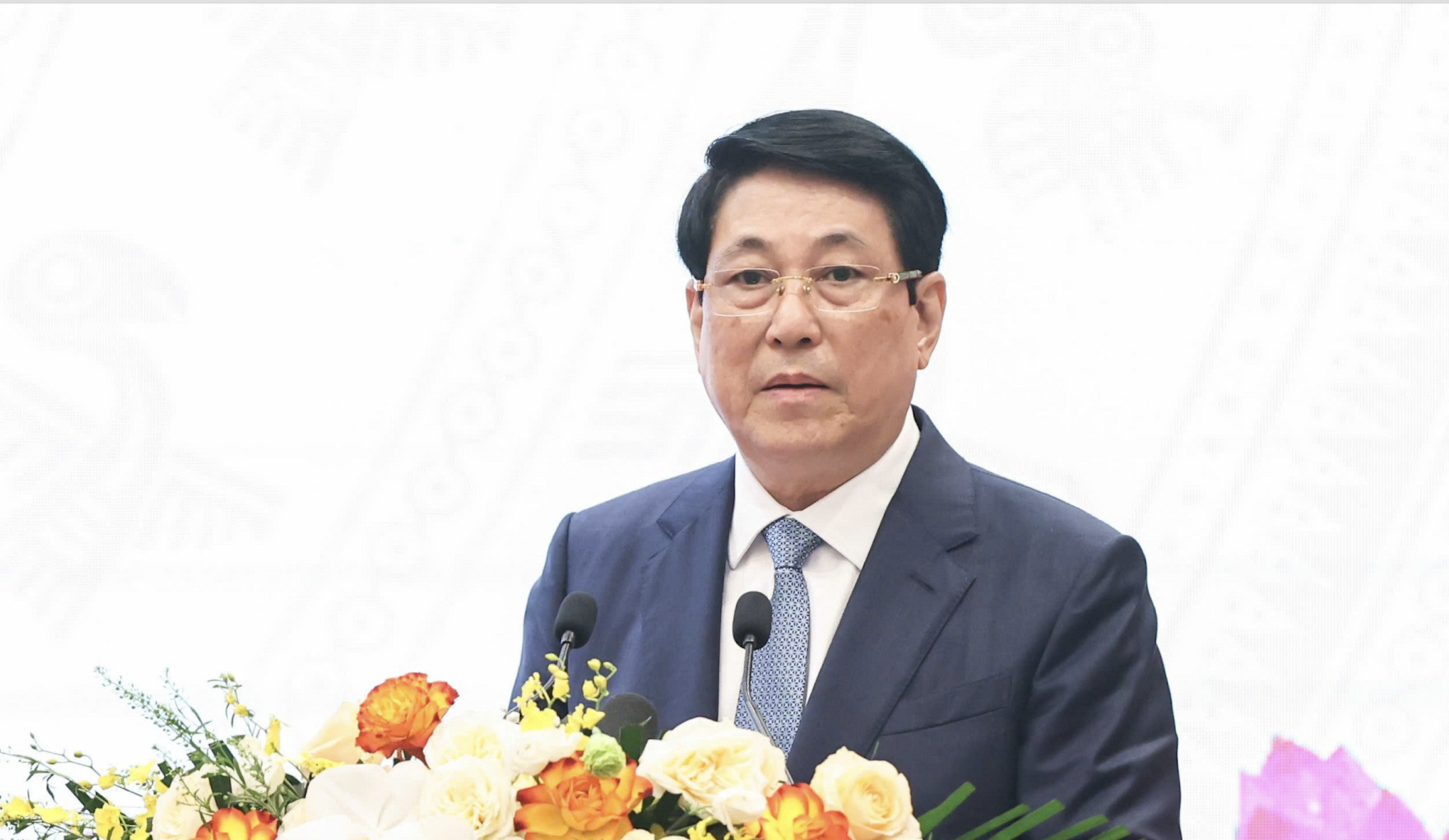


















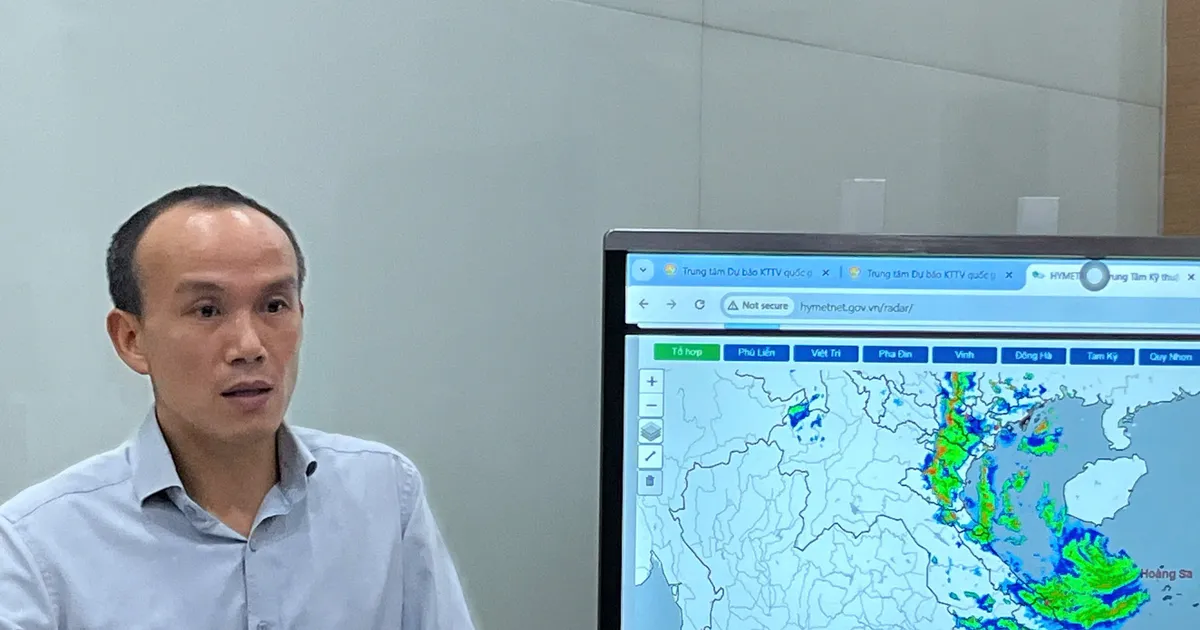

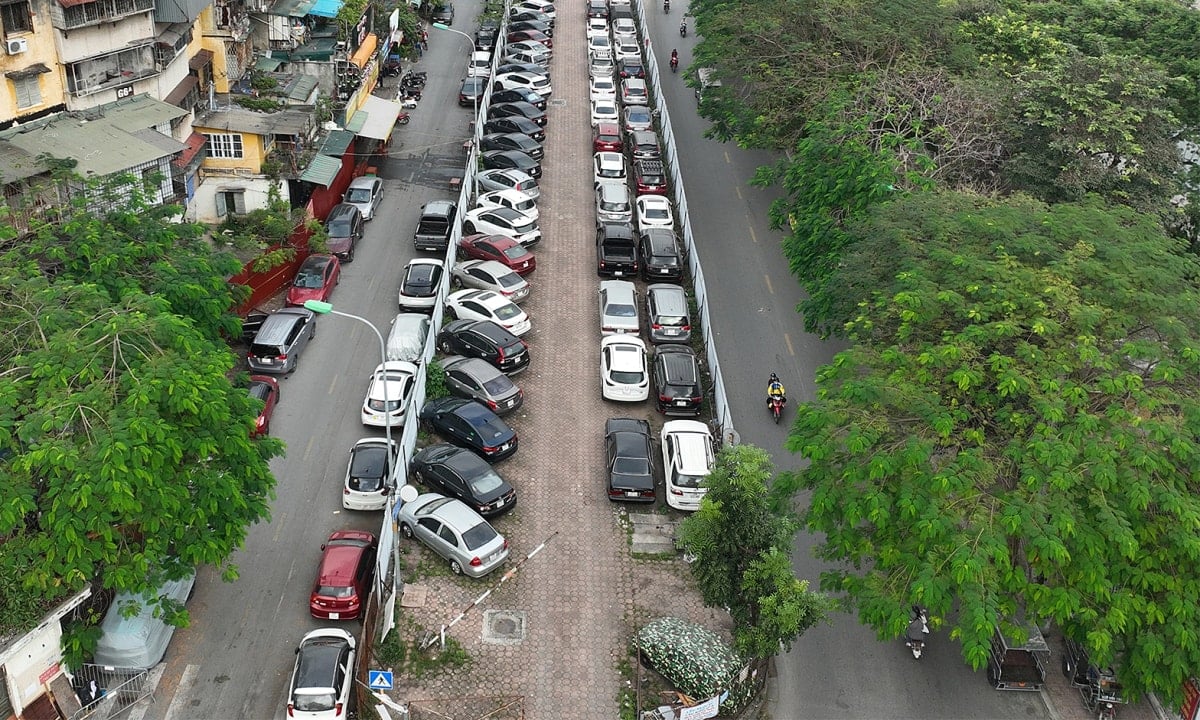

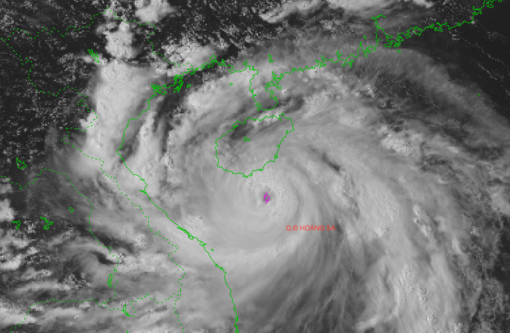

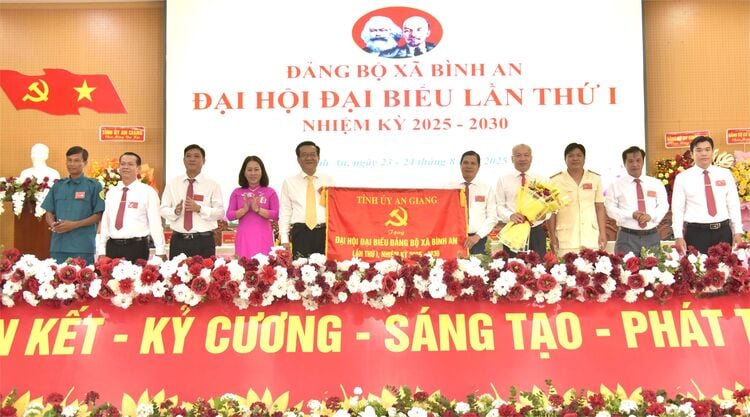















Comment (0)